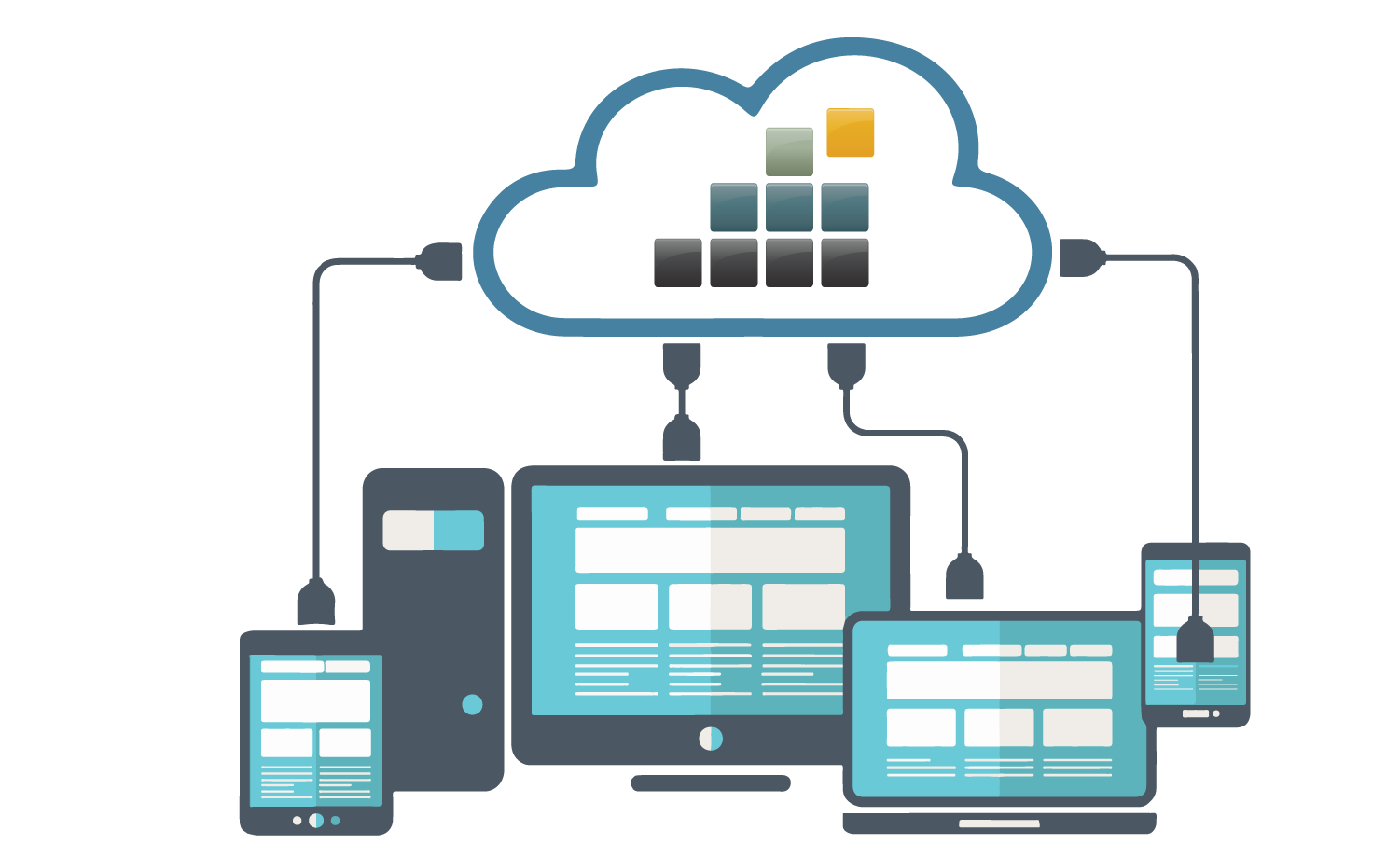Is Your ERP Holding Back Your Supply Chain? Embrace Modern Digital Platforms for Global Trade Success
Author - Devanshu MehtaPublished on - August 11, 2024
In the fast-paced and ever-evolving world of global trade, businesses need systems that are not only robust and comprehensive but also agile and adaptable. Traditional ERP (Enterprise Resource Planning) systems, while essential for managing core business processes such as financials and manufacturing, often fall short when it comes to handling the intricate complexities of global trade. Their inherent inflexibility and siloed structure limit their ability to cater to the dynamic needs of modern businesses operating on a global scale.
This gap is where modern digital platforms, particularly cloud-based SaaS (Software as a Service) solutions, step in, offering an approach that not only complements but enhances traditional ERP systems. These platforms are designed to be flexible, user-friendly, and equipped with advanced technological capabilities that drive adoption, foster innovation, and support the digital transformation journey. They provide businesses with greater resilience, agility, visibility, and a modern user experience, enabling faster time to value and more effective responses to disruption or process changes, ultimately giving them a competitive edge.
The Limitations of Traditional ERPs
ERP systems have long been the backbone of business operations, providing a centralized platform to manage everything from inventory to human resources. However, as businesses expand globally, the demands on these systems have grown more complex. The rigid structure of traditional ERPs, which was once their strength, has become a limitation in the face of the rapid changes and challenges that characterize global trade.
Traditional ERPs are often siloed, meaning different business units or departments within an organization operate in isolation from one another. This lack of integration can lead to inefficiencies, delays, and missed opportunities—particularly in the context of global trade, where real-time visibility and coordination are crucial. Moreover, the customization of traditional ERP systems to meet specific business needs can be time consuming, resource-intensive and costly. As global trade processes become more complex, the inflexibility of traditional ERPs can hinder rather than help, leaving businesses struggling to keep up with the pace of change.
The Modern Solution: Cloud-Based SaaS Platforms
Rather than remodeling legacy ERPs, businesses should consider transitioning to modern digital platforms that provide the flexibility and agility needed to navigate the complexities of global trade. Here’s how these modern platforms are transforming the landscape:
1. Supply Chain Visibility
Modern digital platforms excel in providing real-time insights and transparency into how goods and information flow throughout the supply chain. These solutions help firms track inventory, monitor shipment status, identify bottlenecks, and make informed decisions. With end-to-end visibility, businesses can identify savings opportunities, optimize costs, enhance performance and efficiency, and proactively respond to trends with agility. Moreover, these platforms allow users to assess and mitigate risks related to supply, suppliers, and the entire supply chain—enabling them to balance risk, resilience, and sustainability.
2. Improved User Experience
Modern SaaS platforms are designed with a focus on user experience, featuring interfaces that are intuitive, customizable, and geared toward usability. By providing technological capabilities such as AI-driven insights and personalized dashboards, these platforms promote adoption and drive user engagement. This user-centric approach ensures that employees are more effective in their roles, supporting better, faster decision-making in the high-stakes environment of global trade.
3. Greater Visibility and Control Across Business Units
Unlike traditional ERPs, modern SaaS platforms are designed for integration, enabling enterprises to create a cohesive end-to-end supply chain. This integration allows businesses to mitigate disruptions in real-time, providing greater visibility and control across all business units. By breaking down silos, these platforms ensure that all parts of the organization are working together towards common goals, with the agility to respond to changes as they happen.
4. Increased Agility and Resilience
The ability to connect data sources and systems in a unified platform is one of the key strengths of cloud-based SaaS solutions. By eliminating silos and providing a single source of truth, these platforms enable businesses to respond with greater speed and agility. This not only improves resilience in the face of disruptions but also accelerates the digital transformation journey, positioning businesses to thrive in a competitive global market.
5. Easy and Cost-Effective
Easy and Cost-Effective to Deploy and Maintain One of the most significant advantages of modern digital platforms is their ease of deployment and maintenance. Unlike traditional ERP systems, which often require weeks of setup and dedicated teams for ongoing maintenance, modern platforms can be deployed quickly and efficiently. This reduces the operational burden on IT teams and allows businesses to achieve faster time-to-value. The cost-effectiveness of these solutions also makes them accessible to businesses of all sizes, providing a scalable option that grows with the organization.
Conclusion: A New Era of Global Trade Management
While traditional ERP systems have their place, the demands of modern global trade require a more agile, integrated, and user-friendly approach. Cloud-based SaaS platforms like XEMI.io offer a powerful solution, providing the flexibility, visibility, and control that businesses need to navigate the complexities of global trade. As companies continue to expand and adapt to new challenges, embracing these modern solutions will be key to achieving long-term success and staying ahead of the competition.
Platforms like XEMI are at the forefront of this transformation, offering advanced cloud-based solutions that enhance global trade management and drive digital transformation. By integrating AI-driven insights, user-centric design, and seamless connectivity, XEMI empowers businesses to overcome the limitations of traditional ERPs and unlock new levels of efficiency and resilience in their global operations.
